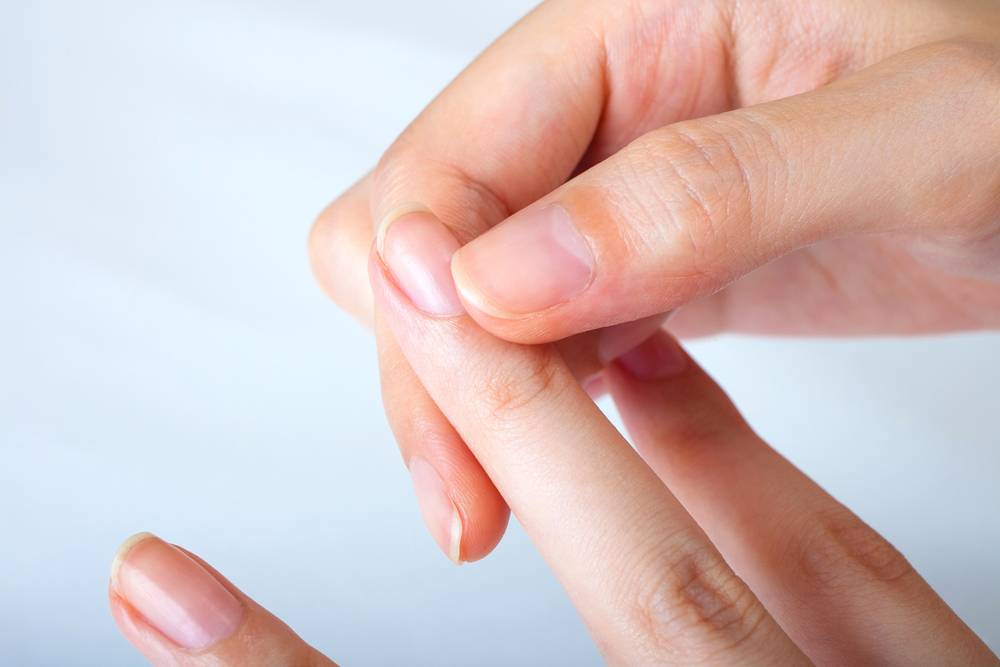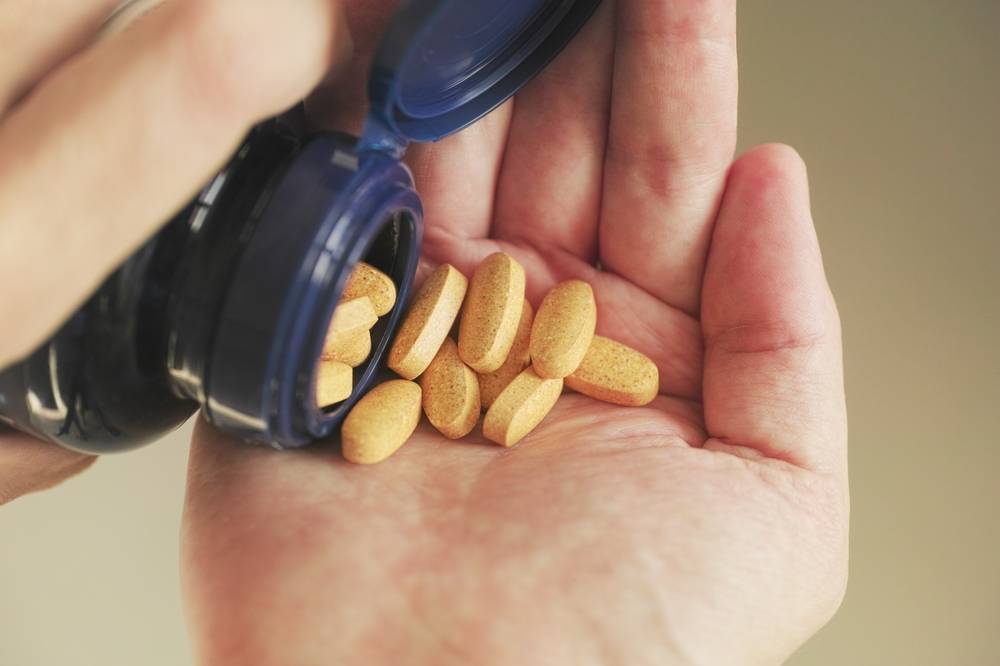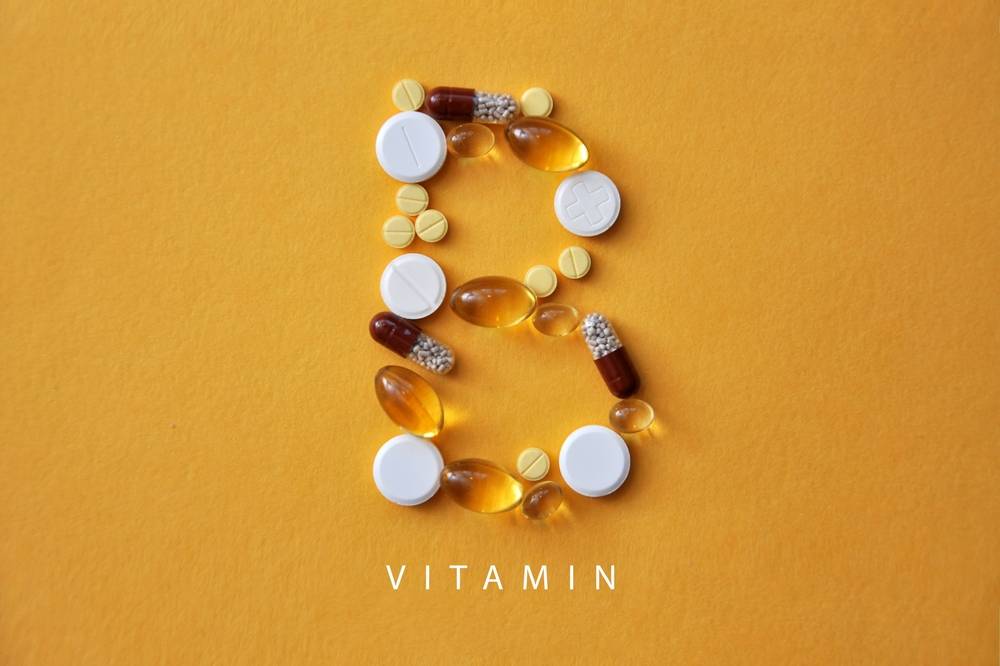Feeling tired and low on energy? Vitamin B could be the boost your body needs. This essential nutrient plays a crucial role in everything from energy production to brain health, yet many of us don’t fully realise its benefits.
So, what makes Vitamin B so important, and how can you make sure you’re getting enough of it?
The Vitamin B Complex
Vitamin B comprises a group of eight water-soluble vitamins, each with its own unique functions.
- Vitamin B1 (Thiamine): It contributes to healthy maintenance of the heart, brain, muscles and nervous system, and also helps convert the food we eat into energy.
- Vitamin B2 (Riboflavin): It aids with our growth and cellular functions, and is also necessary for our metabolism.
- Vitamin B3 (Niacin): It supports nerve function, as well as our digestive system.
- Vitamin B5 (Pantothenic Acid): It is important for synthesising cholesterol and hormones.
- Vitamin B6 (Pyridoxine): It supports brain health and assists with mood regulation.
- Vitamin B7 (Biotin): A well-known form of Vitamin B that supports different parts of the body, including the liver, eyes, hair, skin and nails.
- Vitamin B9 (Folate): It is crucial for cell division, DNA synthesis, and red blood cell formation.
- Vitamin B12 (Cobalamin): It helps to optimise blood, nerve and brain health.
Benefits of Vitamin B
Vitamin B is a powerhouse when it comes to keeping your body and mind in top shape.
From boosting energy to supporting mental health, here are some key benefits you’ll get from making sure you get enough Vitamin B.
1. Boosts Mood and Mental Health
Vitamin B helps combat fatigue and boosts energy, making you feel more alert and productive. Studies show that Vitamin B can also lift your mood and improve brain function, helping you feel happier and sharper throughout the day.
Supports Healthy Hair, Skin and Nails

Looking for stronger hair, skin, and nails?
Dermatologist Dr. Angeline Yong highlights biotin (Vitamin B7) as the go-to for boosting hair growth and strengthening nails.
“I think biotin is really great to boost hair growth, [and] helps to strengthen hair follicles. It helps to increase the growth rate of hair and nails as well. So if we want strong, healthy nails and hair, then biotin is definitely the way to go. Most hair supplements typically contain a fair amount of biotin,” she adds.
Riboflavin and niacin also promote healthy skin and event prevents nail brittleness.
Improves Immunity
B vitamins can also help us maintain optimal immune systems. They strengthen our cardiovascular health and help in the production of white blood cells, which are essential for fighting off infections and diseases.
These are just some examples of how this vitamin can enhance our overall wellbeing. But before we consider picking up a bottle of Vitamin B, lets first uncover how we can obtain it naturally, and when we should start consuming it as a dietary supplement.
Our Intake of Vitamin B
When we say that B vitamins are water-soluble, it means that we do not store them in our bodies, and we need to replenish our reserve of Vitamin B regularly.

Fortunately, Vitamin B can be found in a myriad of foods, from meat, eggs and fish, to dairy, fruits and vegetables. Keeping a balanced diet will guarantee that our bodies have an adequate supply of this nutrient for our daily needs.
However, some people are unable to get enough Vitamin B from their food alone and, as such, are recommended to start incorporating supplements into their diets.
Vegetarians and Vegans
Individuals following a vegetarian or vegan diet may benefit from Vitamin B supplementation, as these diets can sometimes be lacking in Vitamin B12, which is primarily found in animal products.
Pregnant Women
The demand on the body for Vitamin B grows when a woman is pregnant or breastfeeding, as it is essential for foetal development.
Older Adults
Your appetite and ability to absorb Vitamin B from food alone also decreases with age, and supplements become important for you to meet your daily requirements.
People With Medical Conditions
Those with particular medical conditions may also develop nutrient deficiencies which can be restored with supplementation.
Even if you don’t fall under any of these categories, you are still encouraged to take supplements if you have a Vitamin B deficiency. Such deficiencies can manifest as symptoms like fatigue, weakness, stomach pains, skin rashes or poor memory. Speak with a doctor to determine if Vitamin B supplements are advisable for you.

Should you decide to take such supplements, they can be easily sourced and complement various diets. There is a wide range of Vitamin B supplements to choose from, including gummies, veggie capsules, and specific B vitamin tablets like Vitamin B12.
Conclusion
Vitamin B could be a game-changer for both your body and mind. From boosting energy levels to supporting brain function and metabolism, Vitamin B allows our bodies to look and feel their best.
Make sure you’re getting enough through a balanced diet or supplements to unlock all the benefits Vitamin B has to offer.

